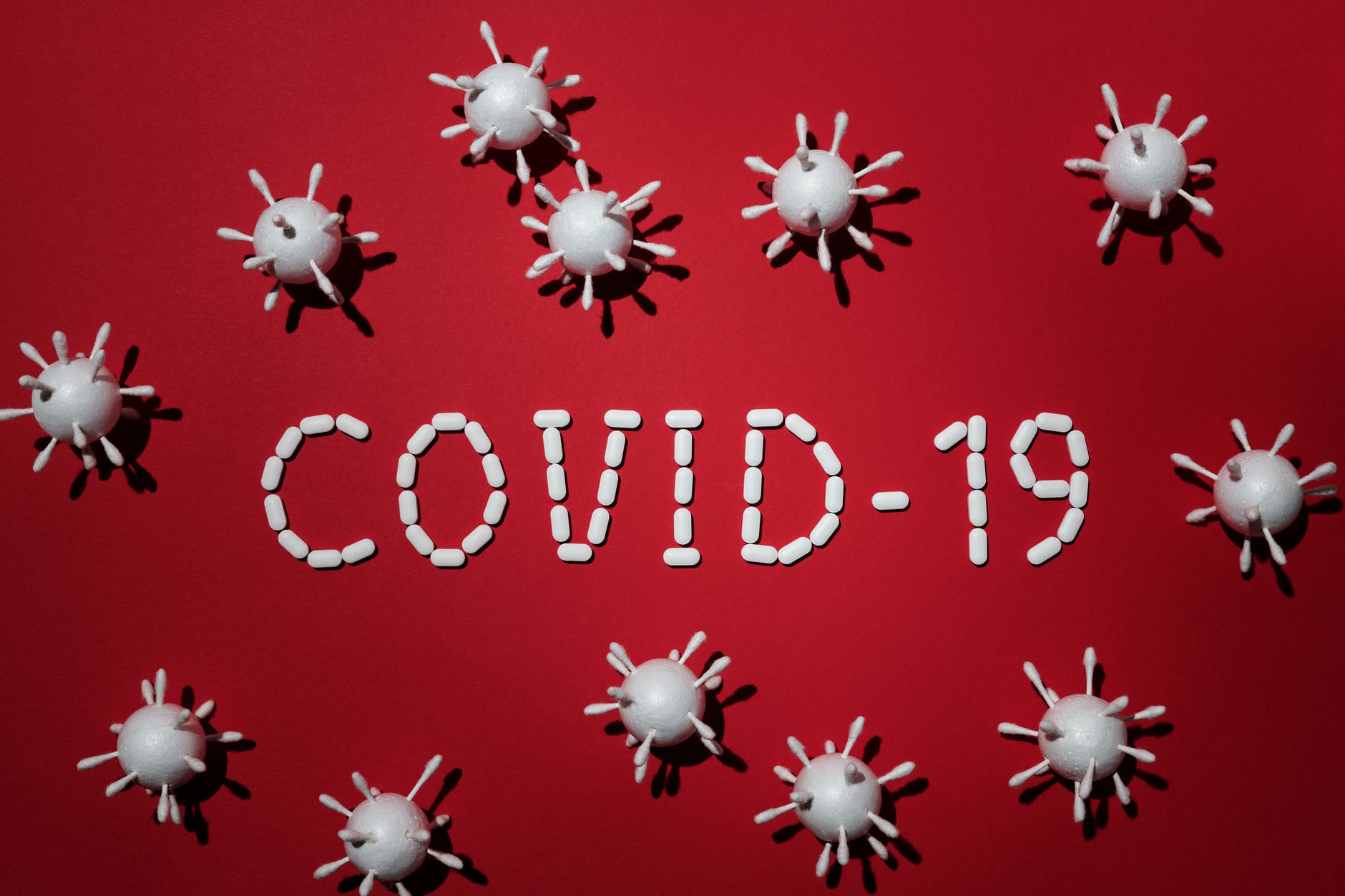Because blood can tell us a lot about Covid-19. Study in Nature Medicine

According to a study directed by King's College London and the Francis Crick Institute in London with the participation of the CNR Institute of Molecular Biology and Pathology, published in Nature Medicine, however, predictions on the course of the Covid disease can be obtained from the blood of patients. 19.
However, predictions on the course of the Covid-19 disease can be obtained from the blood of patients,
This is the conclusion of a study published in the journal Nature Medicine . Here are all the details.
Sars-Cov-2 virus infection can be asymptomatic, or cause the disease called Covid-19 , the clinical manifestations of which are extremely heterogeneous: from a mild respiratory pathology to a serious clinical picture, in some cases fatal.
However, by analyzing the blood of patients, predictions on the course of the disease can be obtained. The "Covid-Ip" study, conducted by an international team led by Adrian Hayday of King's College London and the Francis Crick Institute in London with the participation of Francesca Di Rosa from the Institute of Molecular Biology and Pathology of the National Research Council of Rome ( Cnr-Ibpm ), published in Nature Medicine , has identified some immunological alterations that can be exploited to identify patients destined to worsen by means of a blood test.
"A strong point of the study – reads a note from the CNR (National Research Council) – is the use of a test to analyze in the blood the cell cycle of T lymphocytes, fundamental cells of the specific immune response".
“A few years ago we devised a test that allowed us to discover that in the blood of vaccinated mice there are proliferating T lymphocytes in the process of DNA duplication. The study then concerned an experimental vaccine in collaboration with the Reithera company ”, explains Di Rosa. "Today, in the new Covid-Ip study, the test has allowed us to identify some sub-types of proliferating T lymphocytes in the most serious patients and to have detailed information on their cell cycle, that is the set of events between the formation of a cell and its division in two ". Proliferation is accompanied by a marked decrease in the blood of T lymphocytes in the most severe Covid-19 patients.
“These findings pave the way for a better understanding of T-cell functions in this disease. In particular, the alterations in T lymphocytes could reflect the ability of the Sars-Cov-2 virus to keep the immune response in check, despite almost all patients having specific antibodies in the blood, produced by B lymphocytes. T and B lymphocytes are the cells of the immune system that deal with mediating the specific response against a pathogen, in fact in the presence of a stimulus the lymphocytes are activated and reproduce quickly to cope with it. In Covid-19 the response of T lymphocytes appears dysregulated ”, continues the researcher of the CNR-Ibpm. “Another element correlated with the severity of the clinical course is the considerable reduction in basophilic granulocytes and plasmacytoid dendritic cells. Furthermore, it has been shown that the increase in the levels of a triad of molecules – chemokine IP-10, interleukin-10 and interleukin-6 – is a more reliable predictor of the worsening of the disease than those analyzed so far (C-reactive protein , ferritin, D-dimer) ".
The potential implications of this study, conducted on 63 patients hospitalized with Covid-19 at Guy's and St Thomas' hospitals in London, appear interesting. “If confirmed in a higher number of patients, this information may prove useful for prognostic purposes, allowing us to predict which patients are most at risk of worsening and to implement timely and appropriate measures”, concludes Di Rosa.
This is a machine translation from Italian language of a post published on Start Magazine at the URL https://www.startmag.it/innovazione/perche-il-sangue-puo-dirci-molto-su-covid-19/ on Fri, 18 Sep 2020 13:20:27 +0000.
